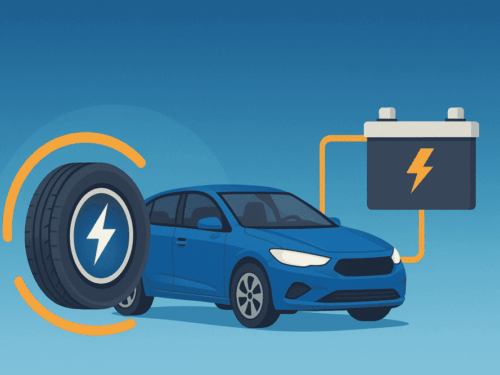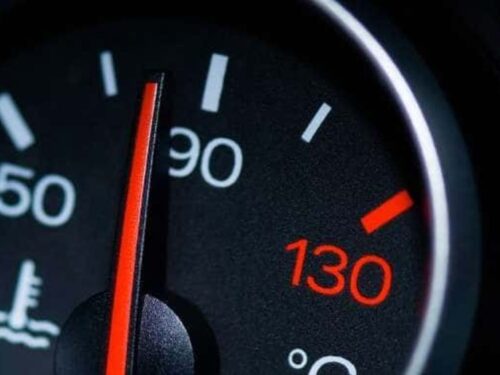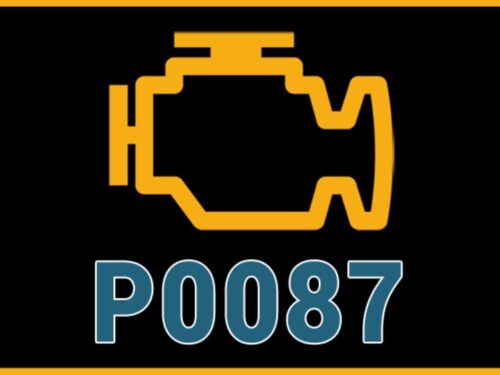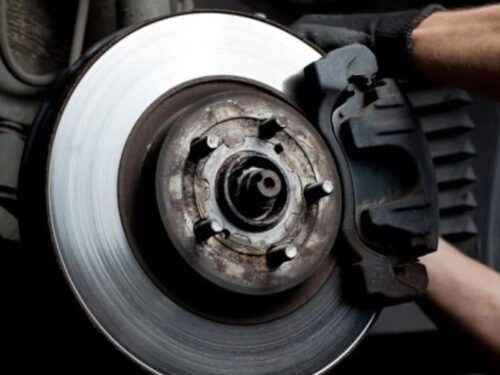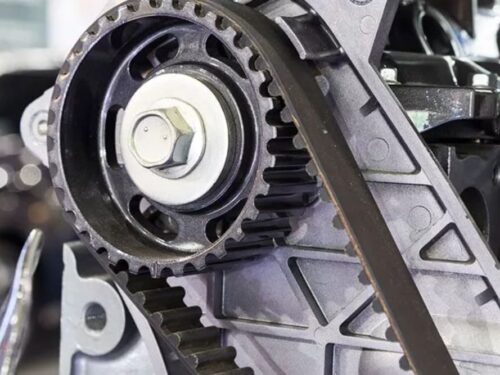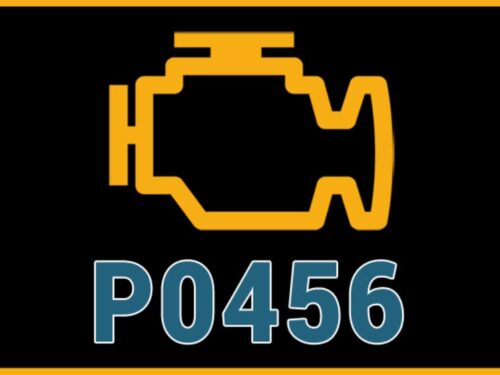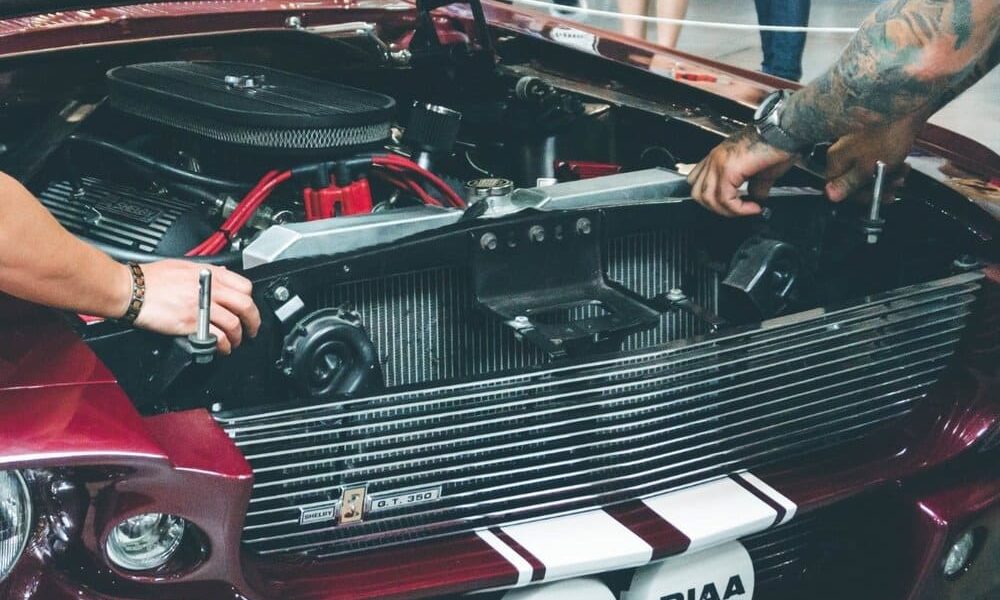
What exactly does your car’s radiator do and why is it such an important auto part? Below, you’ll learn everything you need to know about your car’s radiator, how it functions, what can go wrong, and what you can do when yours breaks.
Function
In short, your vehicle’s radiator prevents the engine from overheating. When the engine runs, it produces a lot of friction, and in turn, heat. The radiator uses coolant to keep the engine cool so that it can run smoothly. It feeds coolant, such as water or antifreeze, to the engine through channels. Keeping coolant at appropriate levels is essential for proper function of the radiator.
Malfunction
There are a variety of things that can go wrong with your car’s radiator causing you to need either a repair or a replacement. Below are some of the most common problems that your vehicle’s radiator might have.
- Thermostat: Sometimes your car’s thermostat can fail, which can cause your radiator to malfunction. When the thermostat tells the radiator the wrong temperature, the radiator sends the incorrect amount of fluid to cool the engine down. If the thermostat is underreporting the temperature, the radiator will not send enough fluid, and the engine will quickly overheat.
- Hoses: The hoses that transport coolant may break or leak. When a hose leaks, it hinders the transfer of coolant from the radiator to the engine, making the engine overheat. These hoses should be checked and replaced relatively frequently to ensure optimal flow of coolant.
- Fan: Many cars nowadays have electric fans which keep the car cool. This fan can become obstructed or stop working and can cause your car to overheat.
- Water Pump: Your radiator uses a pump to move coolant throughout the engine. When the radiator’s water pump is broken, it can cause the flow of coolant to slow or stop.
Courtesy of aeroautoparts

